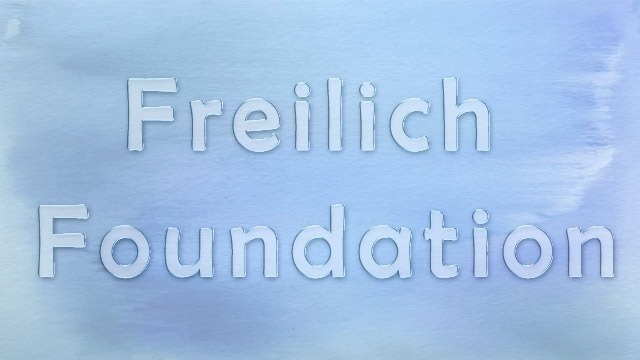Memories of Poland in the War

A typical Jewish dish, usually served as an entree with red horseradish, is gefillte fish; literally "filled fish" but in my time it was always a round ball of compressed fish meat.
I was talking to an Israeli emissary at my father's house one evening several years ago. We were at the dinner table and he referred to the gefillte fish which brought back memories:
He was born in a little village - a " shtetl"* - in Poland before the war. Like many such shtetls in Eastern Europe the population was predominantly Jewish and very poor.
The local fishmonger sold fish meat which few Jews could afford. The fish skins were thrown out or given to those who asked for them. Gefillte fish at the Sabbath table on Friday nights consisted of fish skin wrapped around whatever filling the family could afford; usually old bread crumbs with, perhaps in a good week, a little fish meal added. A significant proportion of actual fish was almost unheard of. Most times it was moistened bread crumbs only.
He used to go with his mother to the fishmonger's on Friday mornings; not to buy fish but to ask for fish skins and fish bones which his mother used to dry and keep in Jars at home.
He often asked his mother: Why do you get fish bones to keep in jars? You can't eat them. The reply was always the same:You never know when they might come in useful. You never know.
He grew older, the war came, he was in the army, the unit was taken prisoner in the Soviet occupied zone and transported east of the Urals; Germany invaded the Soviet, Polish prisoners were released to re-join the Polish army in Egypt, he survived the war, his family had disappeared, he went to Palestine and joined the Jewish army.
He met a colleague in the Israeli army who had also come from Poland. During the war he had escaped from a German "Aktion" - a rounding up of Jews - in his home shtetl. He was on the run and had been given over-night refuge in, of all places, my Israeli friend's family home. He was exhausted and starving, had knocked on the door at night, was let in and given a meal.
At that time little food was available particularly in the herded off Jewish areas and he was amazed to be given gefillte fish containing real fish meat.
My friend: "I doubt that it would have contained real fish".
"It did. It was real fish."
"It couldn't have been. You were starving. You couldn't taste properly. How do know it was real fish?"
"It was I tell you. How do I know? Because of the bones. I had to take fish bones out of my mouth."
* Shtetl. A Yiddish version of the German, stadt, a town. Hence, shtetl, a small town or village.










